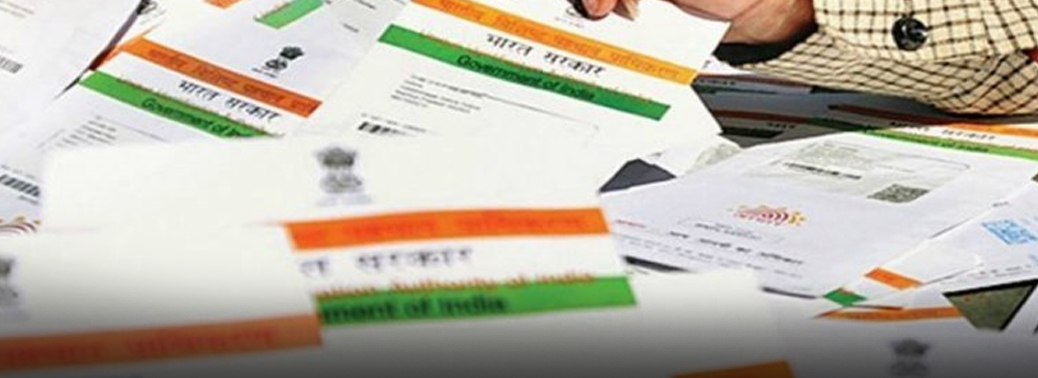THE AADHAAR AND OTHER LAWS (AMENDMENT) BILL, 2019
13, Jul 2019

Prelims level : Polity & Governance: Institutional Reforms, Policies
Mains level : GS-II - Important aspects of governance, transparency and accountability, e-governance- applications, models, successes, limitations, and potential; citizens charters, transparency & accountability and institutional and other measures.
- Context: Recently the Parliament passed the Aadhaar and Other Laws (Amendment) Bill, 2019.
Key Changes in the Aadhar:
- The existing Act on Aadhaar provides for the use of Aadhaar number as proof of identity of a person, subject to authentication. the Bill replaces this provision to state that an individual may voluntarily use his Aadhaar number to establish his identity, by authentication or offline verification.
- Enabling offline verification is another key change brought about by the Bill. Under the exiting Aadhaar Act, verification of identity requires authentication, which, in turn, requires an individual to submit their Aadhaar number and biometric or demographic information to the Central Identities Data Repository.
- The latest Bill amends the Act to additionally allow offline verification of a person’s identity through modes specified by the Unique Identification Authority of India (UIDAI). The existing Act allowed State or a corporate entity under any law to use Aadhaar. The Bill replaces this bit and allows the UIDAI to decide whether an entity can use Aadhaar.
- The UIDAI can do so once it has satisfied itself that the entity is allowed to do so under law or conforms to requisite privacy and security standard, or indeed, is obtaining Aadhaar in the interest of the State. the Bill has also strengthened the disclosure norms relating to Aadhaar.
- It has also provided for a dedicated Unique Identification Authority of India Fund, which will receive all fees and revenue collected by the UIDAI. Under the Act, these go to the Consolidated Fund of India. The Bill also makes it possible for individuals to file complaints under certain circumstances such as impersonation instead of just allowing the UIDAI to file complaints.
- Lastly, the Bill also lays down a federated structure for deciding penalties in case an entity fails to play by the rules.






